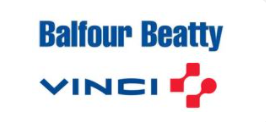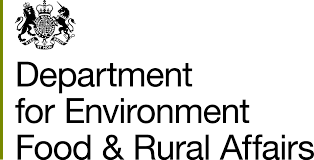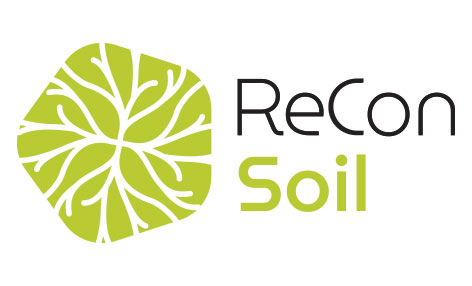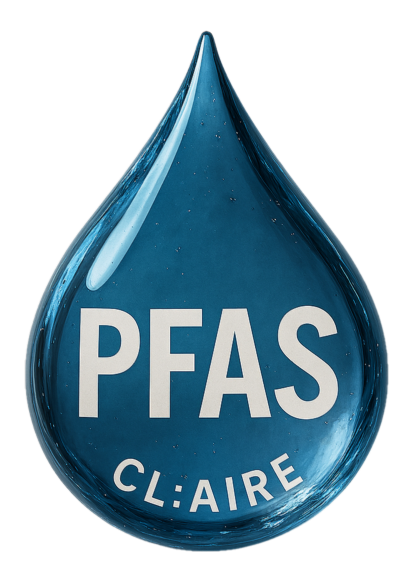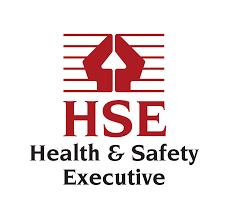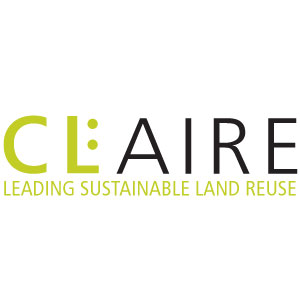Reconnaissance call for new CLUSTER sites
As the Sheffield Pilot Project nears completion, CLUSTER is now looking for potential groups of sites to which the expertise and experience of your organisation and the CLUSTER partners can be applied. These groups of sites will be assessed for their suitability for application of the CLUSTER approach. The CLUSTER team would be grateful if you could consider whether this approach might be valuable to your organisation.
What is CLUSTER?

A typical CLUSTER donor/receiver site
CLUSTER is an initiative that is establishing a systematic and sustainable approach to dealing with certain types of land affected by contamination. Such land contains insufficient volumes of contaminated material to justify the use of on-site decontamination technologies, leading inevitably to decontamination by landfill disposal. There is an increasing body of evidence to suggest that such land represent the majority of sites affected by contamination in the United Kingdom.

FIGURE 1: A simple CLUSTER schematic
A CLUSTER is a group of sites that are categorised as land affected by contamination that includes shared exsitu decontamination capacity located at one site (the hub), supplied by sites that contain contaminated materials (donors) to produce recovered materials that are reused by itself and by the other sites in the group (receivers). This includes the potential use of untreated materials deemed unfit for purpose at their site(s) of origin, on a site or sites where their use would be acceptable within an agreed Remediation Strategy. In addition, some materials may be treated to enable their reclassification from hazardous to non-hazardous, thereby providing the opportunity to dispose of materials with no reuse potential in local waste management facilities. A schematic of a simple CLUSTER is shown in Figure 1
English Partnerships are working with CL:AIRE (Contaminated Land: Applications In Real Environments) and other partners to develop this concept. A Stage 1 Pilot project is underway (planning consent and Environment Agency authorisation in place) in Sheffield that will be used as the basis for rolling the CLUSTER approach out nationwide. This rollout is an exciting opportunity for public and private sector alike as it has the potential to:
- Bring forward sites for development that would otherwise not be released
- Deliver substantial cost savings of decontaminating such sites
- Underpin the adoption of more sustainable remediation practices, thereby reducing the impact on the environment.

FIGURE 2: A complex CLUSTER schematic
The Sheffield Pilot is, by necessity, a simple project. It has focused on developing the tools necessary to surmount the institutional barriers that have prevented CLUSTER from being realised. Future comprehensive CLUSTER site projects will be more closely identifiable with market needs and will, therefore, be more complex and involve more parties, contamination scenarios, land end-uses etc. An example of a complex CLUSTER is shown in Figure 2 and we are now calling for new sites to help launch additional, more complex projects throughout the UK.








